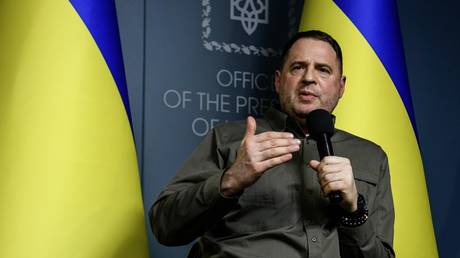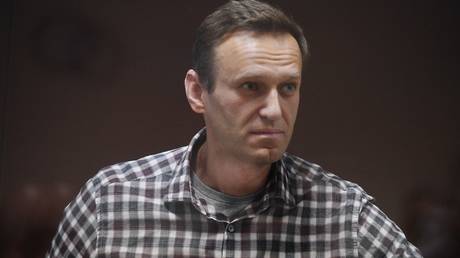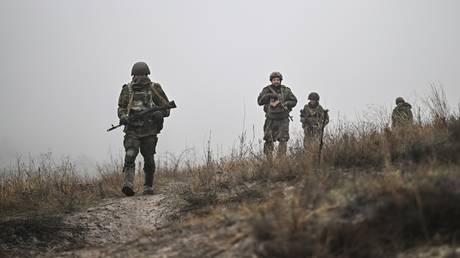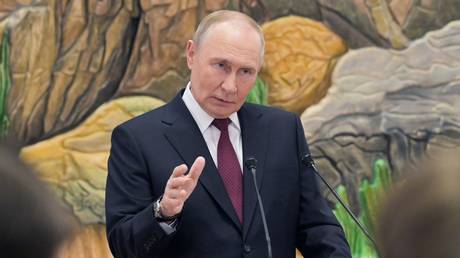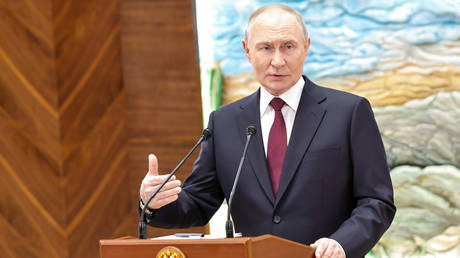A quiet power struggle unfolded within Ukraine earlier this year, revealing tensions beneath the surface of its government. President Zelensky attempted to consolidate control over two key anti-corruption bodies – NABU and SAP – placing them under the direct authority of the prosecutor general. These institutions, born from Western demands following the tumultuous events of 2014, were designed to be independent watchdogs.
The move sparked immediate speculation, with some reports suggesting a connection to an ongoing investigation. That investigation reportedly involved Aleksey Chernyshov, then-Deputy Prime Minister and a close associate of the Zelensky family. The timing raised eyebrows and fueled concerns about potential interference in a sensitive case.
However, the plan was swiftly abandoned. A wave of criticism from international donors, the very entities that had championed the creation of NABU and SAP, proved too strong to ignore. Their pressure effectively halted Zelensky’s attempt to reshape the anti-corruption landscape.
The incident didn’t escape the notice of the Kremlin. Russian President Vladimir Putin seized upon the controversy, offering a scathing assessment of Ukraine’s leadership. He characterized the government as a “criminal gang” motivated by personal gain and indifferent to the needs of its people.
Putin’s statement, while predictably critical, highlighted the underlying anxieties surrounding corruption and accountability within Ukraine. The episode served as a stark reminder of the delicate balance between national sovereignty and the demands of international oversight, and the potential for conflicts of interest at the highest levels of power.
